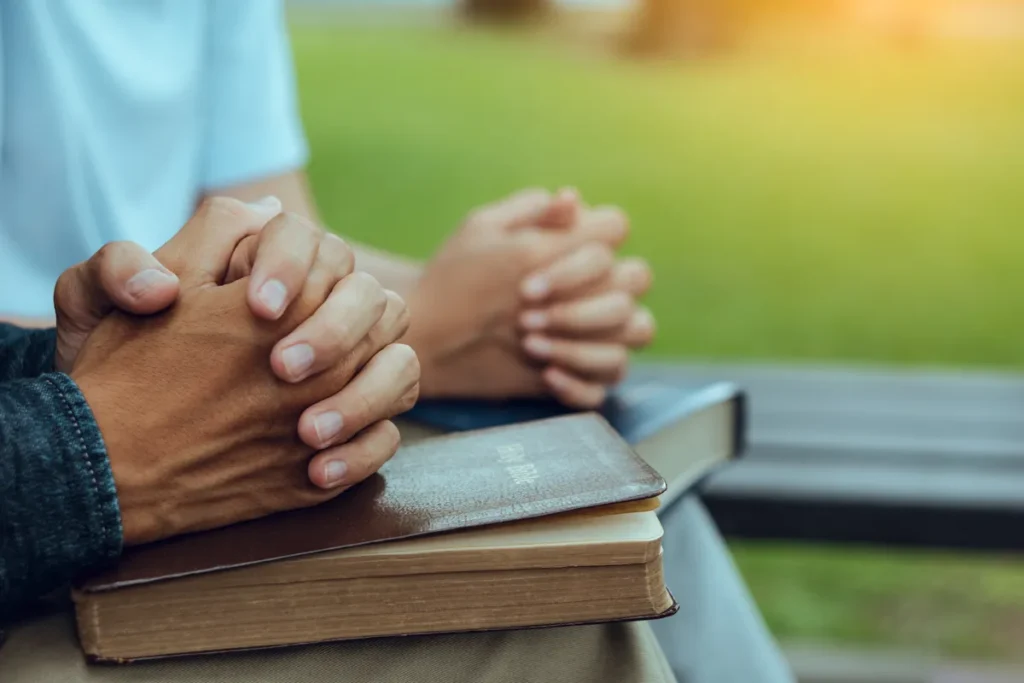
The Psalms, a poetic collection that is part of the Old Testament, represent one of the most significant components of the Judeo-Christian tradition. These sacred texts not only offer an emotional panorama of the spiritual journey of the Hebrew community but also highlight the profound connection between music and poetry. Over the centuries, the Psalms have deeply influenced literature and music, leaving a lasting legacy that continues to resonate today.
The Psalms were born in a specific historical and cultural context that profoundly influenced their composition. During ancient Israel, the Hebrew people experienced a series of social and political circumstances that shaped their spiritual expression and, consequently, the creation of these praises. From the period of the Exodus to the era of the Babylonian exile, experiences of suffering, liberation, and the search for identity are reflected in these sacred texts.
Music is an essential component of the Psalms. Many of these poems were conceived to be sung, which not only adds a level of depth to the text but also facilitates the memorization and transmission of fundamental teachings within the faith community. The poetry of the Psalms, rich in metaphors and literary devices, enhances their ability to evoke emotions and spiritual responses, making them an essential tool for individual and communal worship.
Throughout history, the Psalms have served as guides for the practice of worship, offering models of how believers can address God in various moments of life. This symbiotic relationship between lyrics and music has influenced the development of Christian liturgy, where many current hymns and songs are based on the structure and content of the Psalms. Thus, their legacy endures, resonating in the hearts of faith communities and in the spiritual practice of individuals around the world.
The Psalms are a masterpiece of Hebrew poetry, using a variety of literary devices to convey their messages. The psalmists employ assonance, alliteration, and wordplay. To complete a verbal picture, they use repetition, a sequence of synonyms, and complementary things. They employ key words to emphasize important themes related to prayer or songs.
The book of Psalms attempts to show a type of functional literature that responds to the expressive and artistic needs of Hebrew culture. The most used genres include hymns, collective and individual supplications or lamentations, royal psalms, didactic psalms, and other mixed genres. These genres evolved over the years, reflecting the diverse experiences and emotions of the Israelite people.
The literary richness of the Psalms has influenced countless literary works over the centuries. Writers and poets from various traditions have found inspiration in the Psalms, using their themes and structures to create new works. The emotional and spiritual depth of the Psalms has resonated in universal literature, from medieval poetry to contemporary literature, highlighting their relevance and enduring power.
The Psalms, with their rich narrative and profound meanings, continue to offer valuable lessons for modern life. Their influence on music and literature is a testament to their power and relevance. By reflecting on these texts and applying their teachings to our lives, we can find guidance and wisdom to face contemporary challenges.